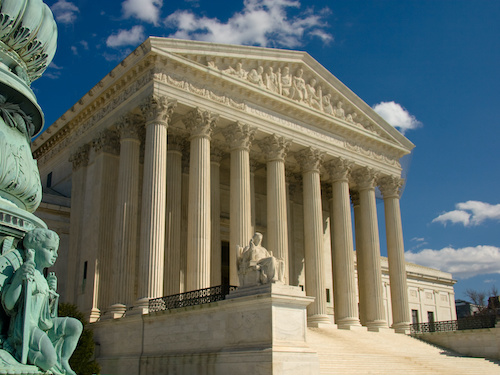
"The case arises from a U.S. Court of Appeals for the Federal Circuit (CAFC) January 2025 precedential decision reversing a district court's determination that certain claims of a patent for Novartis' heart failure drug Entresto were invalid for lack of written description, and affirming a finding that the claims were not shown to be invalid for obviousness, lack of enablement, or indefiniteness."
"While some Federal Circuit decisions have held "that when a patentee secures a claim construction that ensnares, as infringing, an accused device that features after-arising technology, the patentee risks invalidating its own patent on written-description and enablement grounds," other decisions have held in the same circumstance that "the patent may survive a validity attack-even if the patent does not describe or teach the after-arising technology.""
A petition asks the Supreme Court to decide whether after-arising technology may be considered to hold a patent invalid under §112(a). The dispute stems from a January 2025 Federal Circuit precedential decision reversing a district court that found certain Entresto claims invalid for lack of written description, and affirming no invalidity for obviousness, enablement, or indefiniteness. MSN Pharmaceuticals filed for certiorari arguing there is doctrinal chaos because some Federal Circuit rulings treat ensnaring claim constructions as risking written-description or enablement invalidation, while other rulings allow patents to survive despite not describing the later-developed technology.
Read at IPWatchdog.com | Patents & Intellectual Property Law
Unable to calculate read time
Collection
[
|
...
]